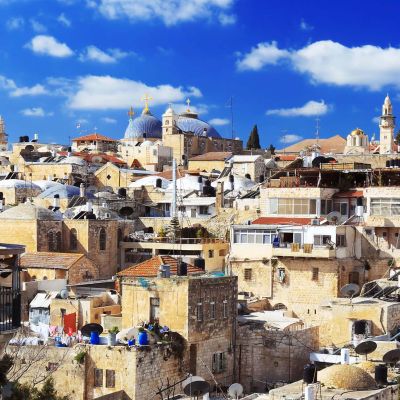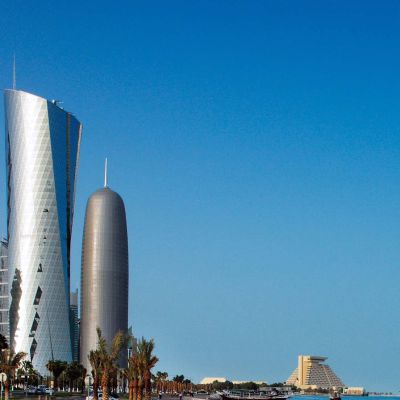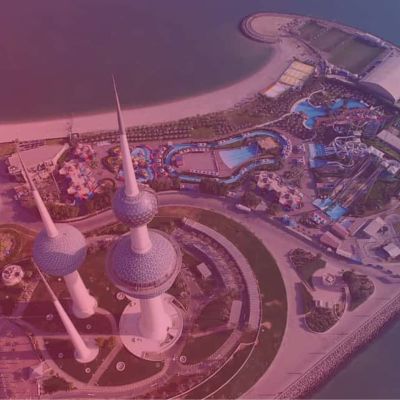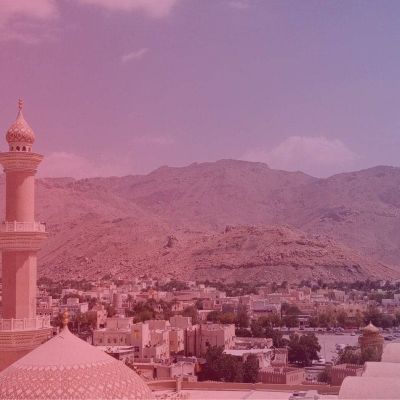UNDERSTANDING THE MENA REGION
Doing business in the Middle East | The Complete Guide Part 1.
Doing business in the Middle East | The Complete Guide Part 1.
Doing business in the MENA (the Middle East and North Africa) region could yield great rewards for those with the initiative and drive to make their investment successful. In recent years, Middle Eastern and North African countries have been attempting to diversify their oil-based economies. This broadening of horizons has created an opportunity for global investors to venture further in the region. However, any investor who is keen to establish a business in the region must consider a few factors.
Let us consider a few tips that would help you to become a successful businessman or businesswoman in the MENA region.

Accepting the religious and cultural differences
Although Arabic is predominant in the region, there are other spoken languages in the area. Farsi and Turkish in the Middle East and the Amazigh languages in North Africa, show that the region is more diverse than one might think. What’s more, an Arabic speaker does not necessarily have to be an Arab. For instance, some native North Africans, known as the Amazigh (Berber), might feel deeply offended if you referred to them as "French" or "Arabs".
Importance of the Islamic religion
The MENA region consists of majority Muslim countries which are: Algeria, Bahrain, Egypt, Iran, Iraq, Jordan, Kuwait, Lebanon, Lybia, Morocco, Oman, Palestine, Qatar, Saudi Arabia, Syria, Tunisia, Turkey, United Arab Emirates, Yemen and the disputed region of Western Sahara.
Almost every aspect of life in the MENA region is influenced by religion. For example, adherents of Islam in Saudi Arabia close their businesses during prayer times, as prayer is perceived to be more important than anything else. Note also the difference between religions. It is true that Islam overwhelms the region; however, there are also countries with a sizable Christian population, such as Lebanon and Egypt.
Social norms in most of the region are similar. People are generous and welcoming, but they do not take kindly to anything that might bring dishonour to their culture or tarnish their image. Middle Easterners and North Africans take their reputation and their honor seriously. Therefore, it is important not to advertise, promote or interact in a way that is perceived as demeaning or bring shame to potential clients.
Knowing these differences will help you establish a strong bond with future clients and to ensure that you direct your resources effectively.
There is no one strategy for all in Middle East
As mentioned, previously, knowing whom you’re dealing with could make all the difference. For example, what one group may consider inappropriate for consumption another group may not. A Muslim would, most likely, not consume anything that is not branded “Halal,” while a Christian would not adhere to such restrictions. The same rule would apply to eating pork and drinking alcohol. Alternatively, for most people from India (and there are millions of them living in MENA) eating beef would be considered unacceptable to their Hindu beliefs.
You must know that each religious group has its individual rituals, holidays and ethics. For Muslims, the time immediately after Eid Al Adha, for instance, means that meat products will not be sold in shops as readily as they are during the rest of the year. In Algeria, restaurants and pizzerias would not even open for a week or more after the Eid. During this period, most people would instead prepare meals at home.
Another consideration would be the financial state of each country in the MENA region. Some luxurious products will sell more readily in rich and less populous countries, like Saudi Arabia. On the other hand, the inhabitants of countries like Egypt, which is the most densely populated country in the region, are more interested in things that have a more practical and affordable value.
Being aware and flexible will help you build better relationships and grow your business faster.
The MENA region is rife with opportunities that are waiting for those who are willing to be flexible and invest in research. If you are eager to launch a project in the region, learning more about the people you will be interacting with and following the tips highlighted here will help you protect your reputation and travel on the road to success.
To learn more about the Middle East and North Africa, please visit the following link:


























